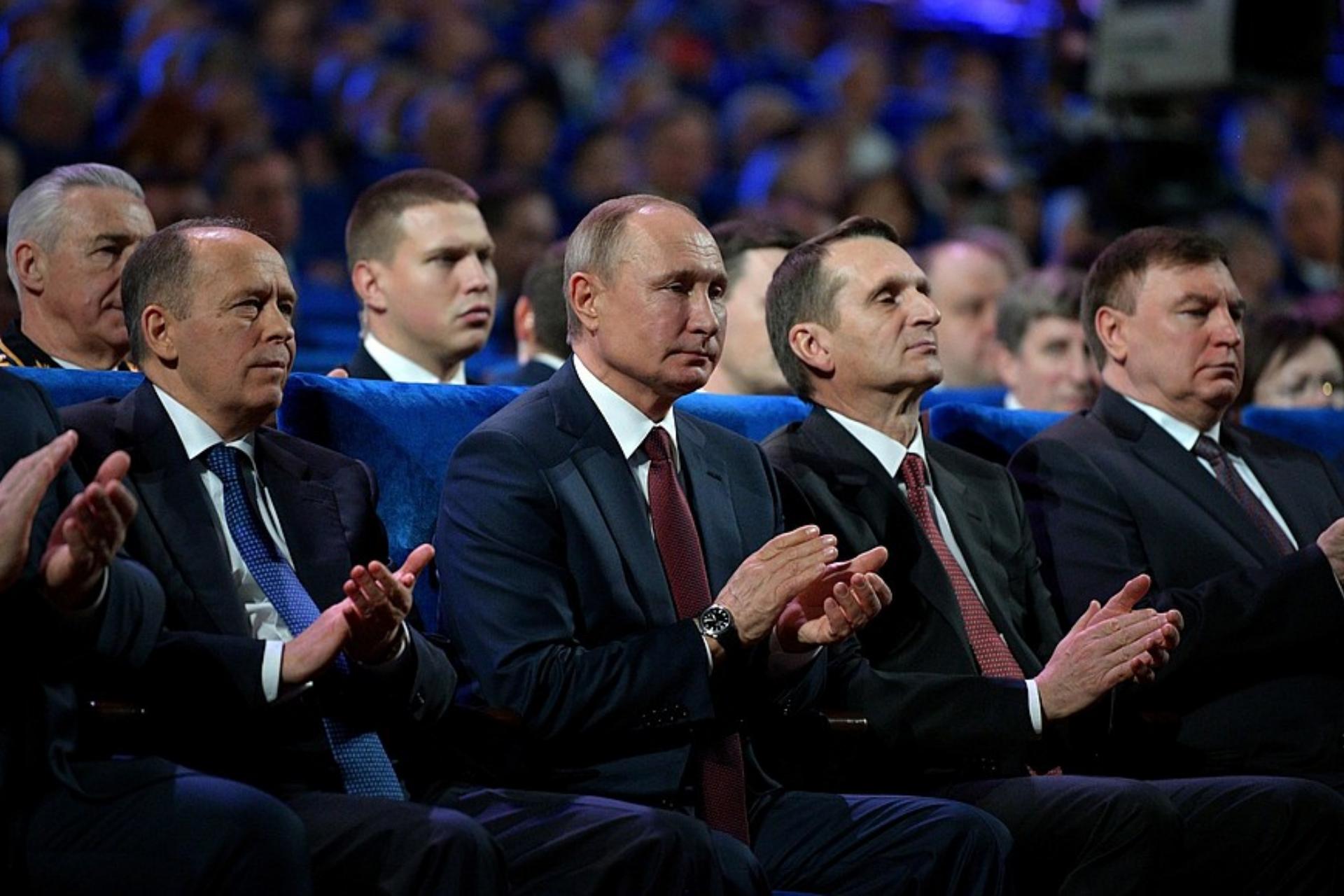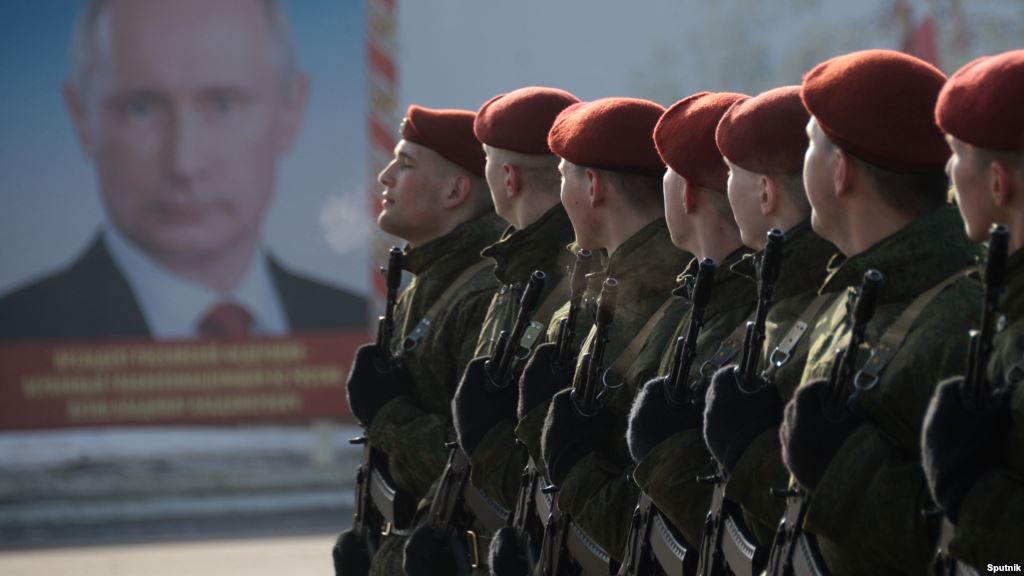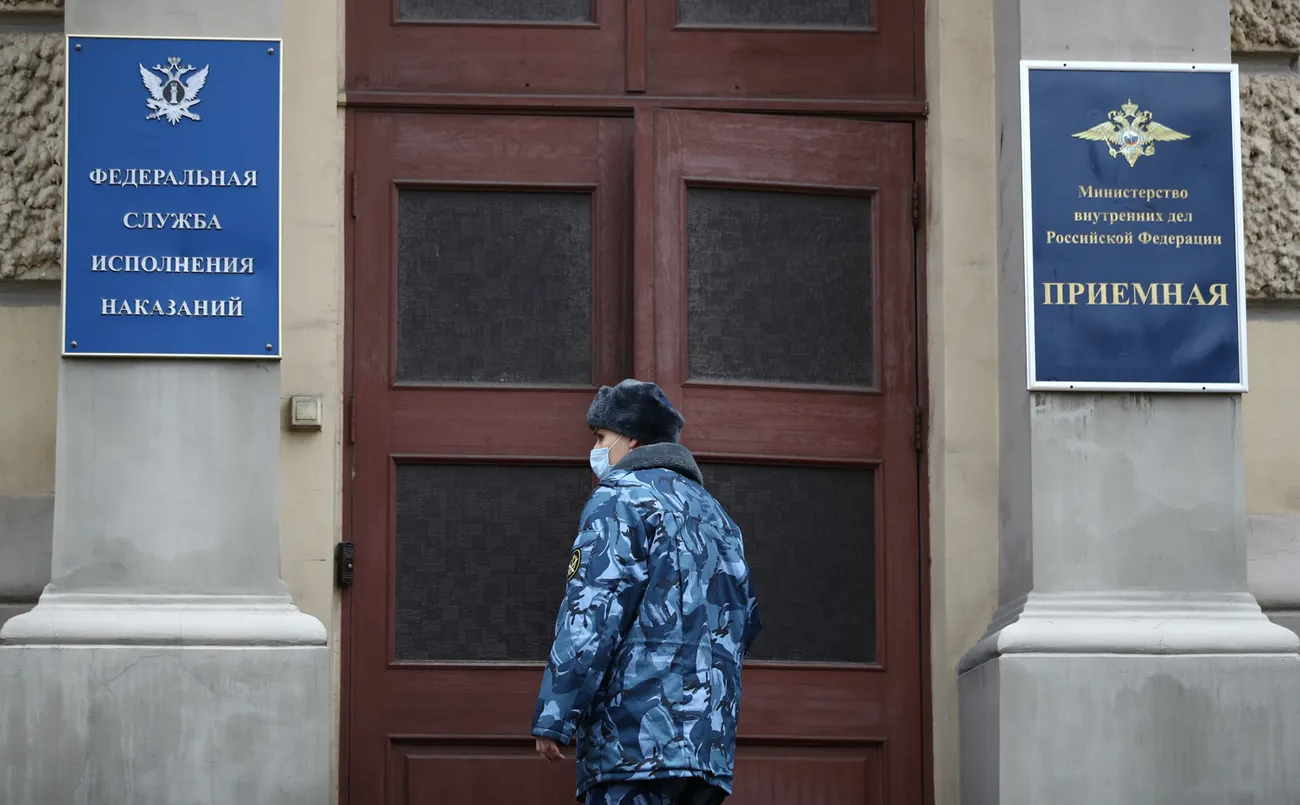The Russian-American commentator argues that the West’s sanctions regime is based on the false assumption that Moscow will react to sanctions the same way it would in seeking to avoid the impact of the sanctions on Russia as a whole and thus raising the price gradually to force change.
But the Putin regime is “a mafia state” and responds entirely differently, Gessen says. It doesn’t care how hard the sanctions hit the population as long as they do not have a greater impact on the regime’s core members than the latter can extract resources from the Russian people to compensate.
Sanctions based on the assumption that Russia is a normal state rather than a mafia one, she says, won’t work and haven’t. Putin has not changed course in any way since the sanctions began to be imposed. In fact, he has become more repressive – and even used the existence of the sanctions regime as a kind of justification.
What is required, Gessen says, is to build a sanctions regime based on that understanding and on the value of morality as a key factor in deciding what to do. That factor is typically dismissed in Western capitals by those who assume they “know how things really work” in the real world.
But they are wrong for at least two reasons, she continues. On the one hand, the West’s strategic interests cannot or at least must not be separated from its values and morality. And on the other, the pursuit of Western interests by a policy that ignores values cannot work against “an immoral player” like Putin.
For sanctions to work against him and his regime, the West must impose sanctions that hit those at the top first and foremost rather than those which affect broad categories of the population; and it must do so in a massive way to start with rather than by any gradual increase as has been the case up to now.
Even the imposition of such morality-based sanctions won’t force Putin to change course, “but then this is no longer the goal” in the situation which is emerging, one that has three important features that must not be ignored in the West any longer.
First, it is now more difficult for the regime to continue to act as it does; and inflicting punishment on him and his immediate operatives will add to those difficulties. Second, seeing this, those the West needs to support will conclude that they have been heard and are being supported. That in itself has real “political value.”
Read More:
- A compromise with Russia that respects core Western principles is an illusion – James Sherr
- To deal with Putin, West needs to study Russian criminal world, Eidman says
- Russian oligarchs in Europe: soccer, churches, and working for the Kremlin
- Russian attack on the Integrity Initiative: what makes the Mafia different from the police
- Moscow attacked Skripal for betraying Russian oligarchs, highlighting mafia nature of Putin regime, Portnikov says
- Why the arrest of Firtash may mean the death of the Russian mafia
- Kremlin’s censorship of Shenderovich interview spotlights Putin’s mafia connections
- Sanctions on Russia are working, but they’re not enough
- How German companies violated sanctions to bring Dutch sea platform to luxury marina in Crimea
- Under Biden, sanctions against Russia will be more consistent and stable, their “architect” says
- Sanctions breach suspected as Siemens & Grundfos equipment spotted at water station in occupied Crimea
- Russia starts a new wave of disinformation on sanctions
- Ukraine prepares sanctions against Austrian firm over flagship opera house in occupied Crimea
- Western sanctions hurt Russia’s defense industry and put it at odds with other sectors, analyst says
- Boosting the price of aggression. Ukraine updates its sanctions policy against Russia
- Urging to reconsider Russia sanctions: peace at the cost of European integrity


![Vladimir Putin's wrestling coach, the person who reportedly helped him get admitted to the Leningrad State University using his connections, was one of the city's top criminals, had served 20 years in prison, and died in a gang battle at 57. Putin admiringly wrote about him in his memoirs called "From the First Person" without using the coach's surname or mentioning his criminal links (for obvious reasons). As the engraving on his grave stone states, the coach Leonid Ionovich Usvyatsov composed the epitaphs himself. [Translator: Please note that in the original Russian the epitaphs crudely rhyme, but the translation did not attempt to reproduce rhyming prioritizing accuracy instead.] The epitaph on the front panel says: "A grave and on the grave there is an epitaph: 'I am dead, but mafia is immortal.'" The back panel is engraved with the following epitaphs: "Hooray! I finally died!!! All of my life I worked for broads like a slave. Now I won't spend a kopeck on this liver sausage anymore." "I gave her my two final bangs and then was carried away on a hearse." "Let's drink to us all, because the curtain will soon fall." (Image: openrussia.org)](https://euromaidanpress.com/wp-content/uploads/2015/12/4bbcb9a683811.gif)


